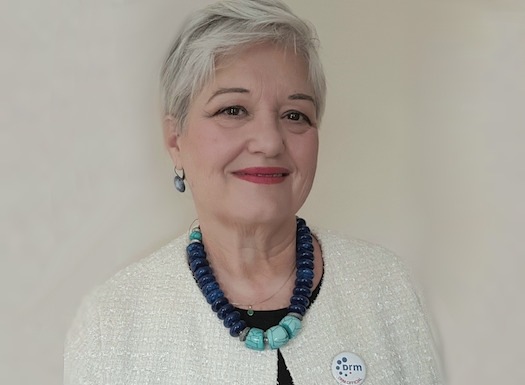Written by: Ruxandra Obreja
If a quarter of mankind or so is in under lockdown and a lot of things we had in our lives are no more, one thing is there, more valuable and used than ever, the radio.
Recent figures from commercial stations in the UK show staggering increases to streaming but also traditional radio. “Nation Broadcasting, which owns Nation Radio and a network of local stations in Wales as well as stations in England and Scotland, has recorded listening increases of around 40% across the majority of its portfolio, with some stations boosted by as much as 75%,” reports Mediatel on April 6th.
Lockdown drives radio listening and not just as pop sound wallpaper for working from home. Exercising, cooking, learning about art forms that were never on your radar (opera, plays etc.) and schooling have regained their place on radio.
While we were deploring the waning interest of “youf” in radio, this harsh time will help form and reform habits and radio must be ready for it. If lockdown gives a radio listening boost, the great advantage gained now will allow radio and especially digital radio a reboot, or rather an even stronger relaunch, for all those who never put their heart in the digitisation of radio.
The lockdown has also demonstrated that broadband is great, when you have it, laptops are fantastic, if you can afford them and there are enough to go around your family. It has also proved that the one cheap, widely available and very easy to use gadget is the radio set.
Big UN organisations wish for a fast ICT development in African, Asian countries, in the Pacific islands and the countries of Latin America. This is laudable but hard to achieve. The reality is that the internet is more of a first world advantage and not even there not universally available.
If you want to educate children in rural areas, even in more developed countries, what you need is digital radio. If you use a DRM shortwave or medium wave transmitter you will be able to cover vast areas with up to three programmes in different languages and data (like maps, sums, pictures etc.) to accompany them.
Radio as an enabler of distance learning is more accessible and realistic than universal broadband now. Recently several organisations in Africa have clubbed together to offer exactly this type of material to students across the continent via radio, not digital yet.
After the corona will be extinguished, the regulators, other main stakeholders and the industry must be persuaded that digital radio, and I can only speak about the DRM standard here, needs to be viewed more holistically. DRM does not offer simply excellent sound in all bands at lower energy prices. It is not to be used just for pop-up music stations but for distance learning, emergency warning text and audio messages broadcast directly to radio sets, but also to large public signage screens. DRM enables the broadcast of traffic information and above all of news (including the increasingly important financial and economic news), entertainment to an unlimited number of listeners. Rich or poor, in the outback or in faraway regions, on islands and ships, DRM can reach everyone in a region or the whole country at once with sound, text and other data.
It is time to build resilience in our communities as we have seen how quickly our modern gadgets and fibre glass links can become useless.
Coronavirus, so invisible and so lethal, will die down and then the time will come to take a fresh look at radio, at digital radio, at DRM, too, and all its benefits. They are to do with a better audio quality in all bands, for sure, but digital radio DRM offers so much more. Its data carriage potential is practically unexplored though there are very interesting developments. Digital radio DRM can offer full country coverage without gaps, with clear advantages for normal times and extra services in times of crisis. DRM alone, or in combination with other standards and platforms, can be part of a national arsenal of assets to be fully exploited when unexpected events occur. For this reboot or rather radio relaunch, DRM must prepare in new and persuasive ways to engage all the stakeholders. And they themselves must engage fully and in an unbiased way, without letting themselves be influenced by long-standing lobbyists, uninformed “experts” and those who put commercial gains before the listeners’ needs and the national interest.
About the Author:
Ruxandra Obreja is chairman of Digital Radio Mondiale
She has been the DRM Chairman since 2008, being last re-elected in April 2016.Previously she was the Controller of Business Development for the BBC World Service focusing on building special relationships with the business communities around the globe. More here.

